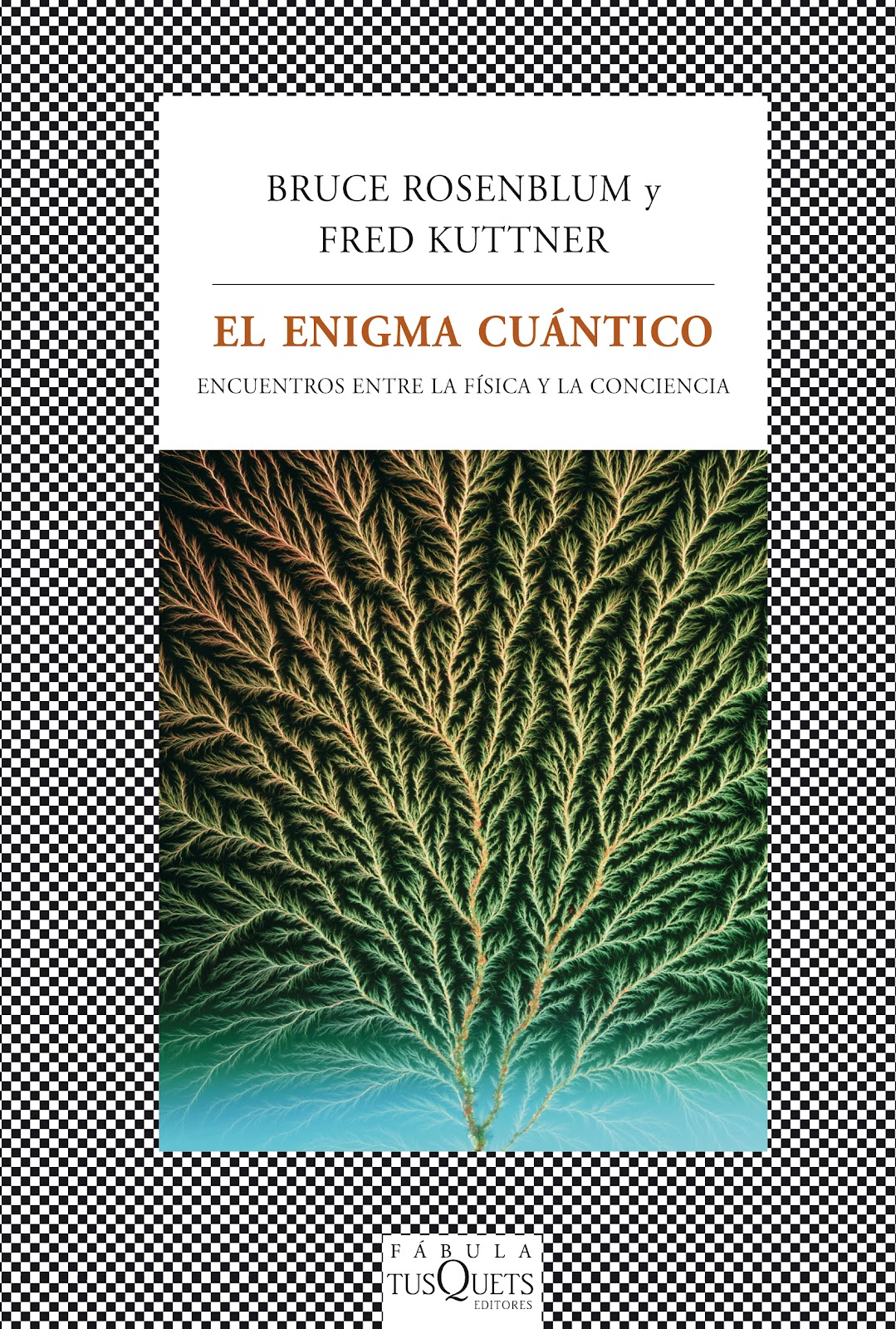

For example, according to quantum theory, an object can be in two, or many, places at once-even far distant places. Quantum theory also tells us that observing an object to be someplace causes it to be there. Einstein rejected such influences as "spooky interactions," but they have now been demonstrated to exist. To account for the demonstrated facts, quantum theory tells us that an observation of one object can instantaneously influence the behavior of another greatly distant object- even if no physical force connects the two. Try summarizing the implications of quantum theory, and what you get sounds mystical.

Instead, rigorous application of the theory requires that a conscious being observe the world in order to bring about its existence.

Indeed, quantum theory ultimately even refutes the notion that science can prove Descartes right and Hume wrong and demonstrate rationally that reality exists. The problem they expose is that while quantum mechanics has been a fabulously, perhaps even uniquely, successful scientific theory and is the basis of an estimated one third of our current economy, taken to its logical conclusions it undermines the Rationalist dream that the Universe can be explained exclusively in terms of physical matter and natural laws. Bruce Rosenblum and Fred Kuttner teach physics at the University of California, Santa Cruz and in their outstanding new book, Quantum Enigma, have yanked a skeleton out of the closet of modern science - one that has been hidden there for decades - and they proceed to rattle it loudly enough that it could be hard to put back.


 0 kommentar(er)
0 kommentar(er)
